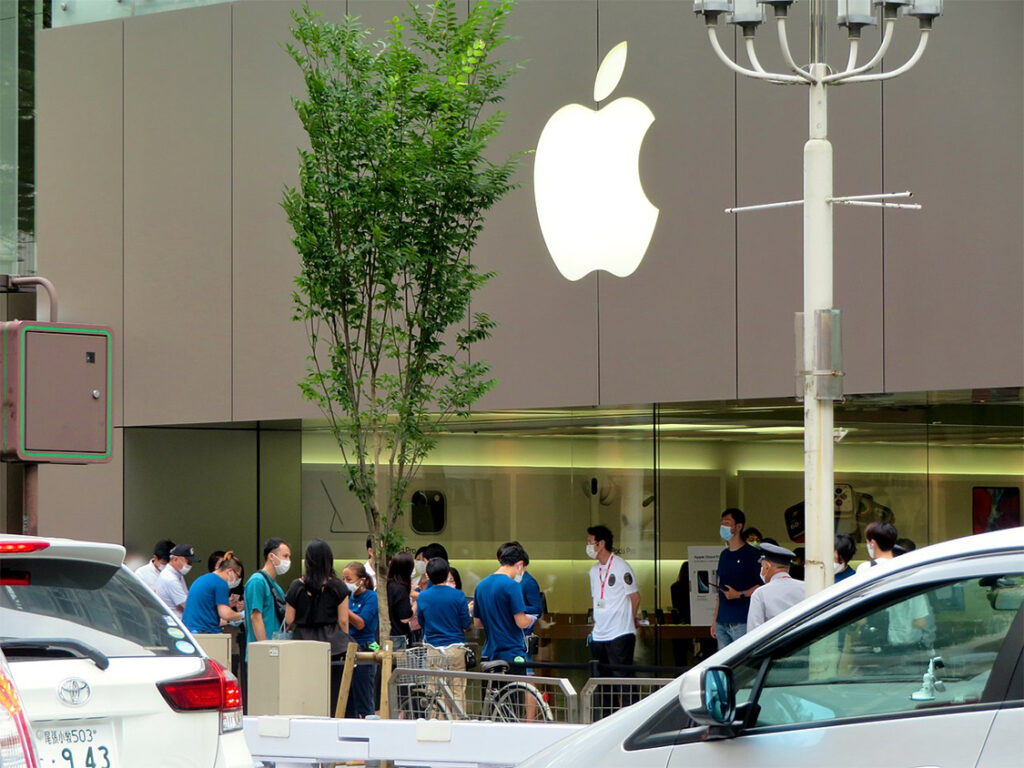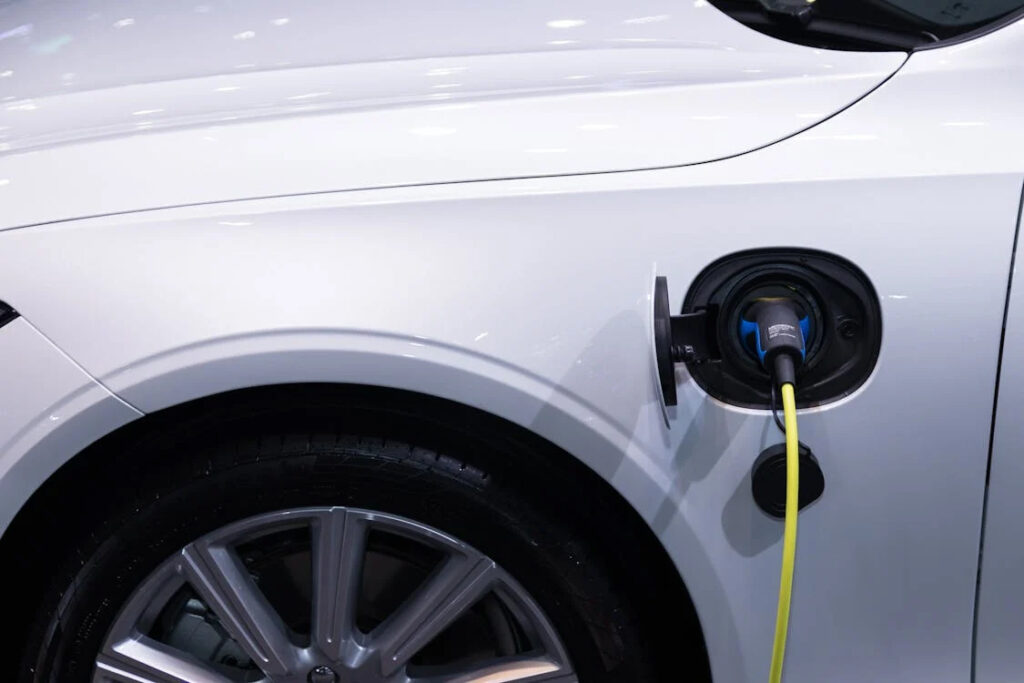End of the Road for Apple’s Project Titan: Company Refocuses on AI, Disbands Car Team
Project Titan’s Abrupt End: The Internal Announcement and Employee Impact
The termination of Apple’s ambitious Project Titan, aimed at developing a self-driving electric car, came as a sudden internal announcement, leaving the team of nearly 2,000 employees reeling. This decision, communicated by Chief Operating Officer Jeff Williams and Kevin Lynch, who was overseeing the project, marked a stark end to a decade-long endeavor. The unexpected announcement particularly jolted the hardware engineers and vehicle designers who had been integral to the project. The decision not only meant the dissolution of a major innovative initiative but also led to immediate job uncertainties, with layoffs looming for some while others faced reassignment within the company. This significant shift in Apple’s focus brought an abrupt end to many employees’ work on a project that was once seen as a symbol of futuristic transportation.
Strategic Reorientation: Shifting Focus from Electric Cars to AI
With the cancellation of Project Titan, Apple is left with a strong and decisive transition into Artificial Intelligence, marking a very strategic turnaround for the company. The move will see reassignment to other roles of thousands of employees who were working on the ill-fated car project to the company’s swelling AI division, led by executive John Giannandrea. This underscores Apple’s recognition of AI as a more promising venture, especially amidst the growing ChatGPT era. As Apple pushes forward with ways to integrate AI into its crop of devices, a new direction for the company shows—amidst its clear proclivity to develop generative AI technologies over the complexities and resource-intensive demands of producing a self-driving electric vehicle.
Market Implications: Apple’s Exit from the EV Industry

Apple’s withdrawal from the electric vehicle (EV) market, although significant, is unlikely to cause major disruptions in the short term. The EV industry, already populated with established players like Tesla, General Motors, Ford, and Volkswagen, and rising stars such as BYD and Rivian, will continue its growth trajectory. However, Apple’s potential as a formidable competitor in this space had been a point of anticipation, given its renowned brand, design expertise, and technological capabilities. The tech giant’s entry into the EV market had the potential to intensify competition and push innovation boundaries. Thus, while Apple’s exit doesn’t leave an immediate void, it certainly removes a highly anticipated player from an increasingly competitive arena.
Challenges and Roadblocks: Inside the Struggle of Project Titan
Project Titan had a number of challenges from its inception in 2014, which eventually led to its failure. The project, which aspired to build a steering-wheel-free, fully autonomous vehicle, faced various hurdles. Perfecting self-driving technology was very tough. Internal challenges such as leadership changes and shifting goals hampered the project. These problems, along with a rapidly changing automotive sector, hampered expansion. Apple abandoned the project after failing to create a commercially viable product despite extensive R&D investment.
Apple’s decision to end Project Titan is a strategic adjustment that reflects industry trends and challenges. While the fact that Apple pushes into artificial intelligence and generative technologies showcases an opportunistic side of capitalizing on burgeoning industries, bailing out of the electric car project may show a lack of opportunity in a competitive business. It certainly closes the possibility of an Apple-branded car but opens new doors in innovation and development, following through with the company’s tradition of being flexible to excel in the changing technological and customer expectation landscape. The aims and problems of Project Titan, in general, highlight the challenges characteristic of technological innovation that require flexibility and strategic thinking amid constantly shifting market conditions and technological advancements.

